ESL Cities Vocabulary
There are lists and exercises on this ESL cities vocabulary page to help you. By learning the vocabulary in the list and doing the exercises you will learn how to talk about living in cities.
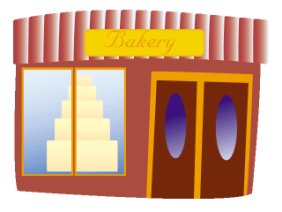
Many people who move to an English speaking country will live in cities as this is where most of the education establishments and jobs are. To prepare yourself for living in this situation you will need to know all about cities vocabulary. This page has two sections that will help learn words about city life.
The first part has an ESL cities vocabulary list of city words with definitions and their part of speech. There are flashcards of the ESL cities vocabulary list that you can download and use, as well as recordings of the vocabulary being spoken by a native English speaker so you can hear the correct pronunciation.
The second part of the page has the following three tasks for you to do to test your knowledge of the ESL cities vocabulary:
- Chose a definition that matches a word.
- Chose a word that matches a definition.
- Chose a word that matches a picture.
ESL Cities Vocabulary List with Definitions
The following ESL cities vocabulary list has many words about living in a city with their definitions and the part of speech highlighted. You should try to remember as many of the words as you can so that you will be able to use them. Following the list there is a set of ESL cities vocabulary flashcards for you to download and then two recordings of the vocabulary being spoken by a native English speaker.
Airport: A place where planes take off and land, with buildings for passengers to wait for the planes. (noun)
Amusement park: A large park which offer entertaining activities and has big machines to ride on, such as roller coasters and merry-go-rounds (American English, the same as theme park). (noun)
Antiques shop: A shop where you can buy old and rare things. (noun)
Apartment building: A large building that is divided into rooms for living in. (noun)
Appliance store: A place where you can buy a device, machine, or piece of equipment, especially an electrical one. (noun)
Art gallery: A building where paintings and other art works are shown to the public. (noun)
Bakery: A place where you can buy bread and cakes. (noun)
Bank: An organization where people can save or borrow money and that provides other financial services. (noun)
Barber shop: A place where men get their hair cut. (noun)
Beauty salon: A place where women get special treatments for hair, face and body. (noun)
Bookstore: A store where people can buy books. (noun)
Bowling alley: A building where people can go bowling. (noun)
Brasserie: A restaurant that serves cheap French food. (noun)
Bus shelter: A small structure with a roof, where people wait for buses. (noun)
Butcher shop: A shop where people can buy meat. (noun)
Café: A place where people can buy drinks and simple meals. (noun)
Campus: The buildings and surrounding area of a college or university. (noun)
Chain store: A group of stores that are owned by one organization and sell similar goods. (noun)
Chemist’s: A shop where people can buy medicines, beauty products, etc. (British English, same as drugstore). (noun)
Church: A building where Christians do religious activities. (noun)
Cinema: A building where people can watch films after buying tickets (British English, same as movie theater). (noun)
City: A large, usually important town. (noun)
City center: The central part of a city. (noun)
Commuter: A person who regularly travels quite a far way between work and home. (noun)
Congested: To be too crowded, which causes difficulties. (adjective)
Congestion: The state of being crowded and full of traffic. (noun)
Convenience store: A shop that sells food, drinks and magazines, etc. that opens 24 hours or until late. (noun)
Crime: Any illegal activities that can be punished by law. (noun)
Crowded: To be full of people. (adjective)
Department store: A large shop which is divided into several sections, each section sells different type of goods. (noun)
Downtown: The central part of a city. (noun)
District: An area of a country or town that has official borders. (noun)
Drive-through: A restaurant, bank etc. where you get the service by driving through it, without getting out of your car. (noun)
Drugstore: A shop where people can buy medicines, beauty products, etc. (American English, same as chemist). (noun)
Fast food restaurant: A restaurant where you can buy fast food such as hamburger, fries, pizza, etc. (noun)
Fitness center: A place where people go to do physical exercise, for example by lifting weights or using other equipment. (noun)
Fire department: An organization that helps people to prevent fires or stop them from burning. (noun)
Flea market: A market where people can buy old or used goods. (noun)
Florist’s: A shop that sells flowers and plants. (noun)
Freeway: A wide road where vehicles travel fast for long distance (American English, same as motorway). (noun)
Fruit stand: A stand that sells various kinds of fruits. (noun)
Funeral home: A place where dead people are prepared to be buried. (noun)
Furniture store: A store that sells things such as chairs, tables, cupboards, etc. (noun)
Gas station: A place that sells fuel for road vehicles (American English, same as petrol station). (noun)
Grocery store: A store that sells foods and other things used in the home. (noun)
Hardware store: A store where people can buy equipment and tools for home and garden. (noun)
Highway: A public road that joins cities or towns together (American English, same as main road). (noun)
High-rise: A modern building that is very tall and has many floors. (noun)
Hospital: A large building where people can get medical treatment and care. (noun)
Hotel: A building where people pay to stay for a short time. (noun)
Housing estate: An area where houses or apartments are built together. (noun)
Industrial zone: An area on the edge of a city which is designed for factories. (noun)
Inner-city: The central part of a city where most people live in a poor condition. (noun)
Jewelry store: A store that sells objects such as rings and necklaces that people wear as decoration. (noun)
Library: A place where people can read or borrow books. (noun)
Local facilities: Local buildings or services that serves the public. (noun)
Luxurious: To be very comfortable and expensive. (adjective)
Main road: A public road that joins cities or towns together (British English, same as high way). (noun)
Main street: A street where you can find the most important stores and businesses in a town. (noun)
Massage parlor: A place where you pay to get a massage. (noun)
Modern: To be designed and made using the most recent ideas and methods. (adjective)
Monument: A building or statue that is built to honor a famous person or event. (noun)
Mosque: A building where Muslims do religious activities. (noun)
Motorway: A wide road where vehicles travel fast for long distance (British English, same as freeway). (noun)
Movie theater: A building where people pay to watch films (American English, same as cinema). (noun)
Multi-story car park: A place where cars are parked on several floors. (noun)
Museum: A building that keeps and exhibits objects of historical, scientific or artistic interest. (noun)
Neighborhood: The area around a particular place, or the people who live there. (noun)
Newsstand: A place on a street where people can buy newspapers and magazines. (noun)
Nightclub: A place that provides drinks and some types of entertainment until late into the night. (noun)
Noisy: To be full of noise. (adjective)
Nursery: A place where parents have their children taken care of while they are working. (noun)
Office building: A large building that is designed for working in. (noun)
Outskirts: The areas that form the edge of cities and towns. (noun)
Overpopulation: When there are too many people living in a particular area. (noun)
Park: A large area of land with grass and trees where people can relax, take a walk, etc. (noun)
Pawnshop: A shop where people can leave a possession in order to get money. (noun)
Pavement: A path with a hard surface on the side of a road (British English, same as sidewalk). (noun)
Pavement café: A café with tables outside on the pavement. (noun)
Pet store: A store that sells animals that can be kept in the home. (noun)
Petrol station: A place that sells fuel for road vehicles (British English, same as gas station). (noun)
Playground: An outdoor area that is designed for children to play. (noun)
Pollution: Substances that make air, water, soil etc. become dirty and dangerous for health. (noun)
Post office: A building where people can buy stamps or send letters and packages. (noun)
Poverty: The situation of having little money and few possessions. (noun)
Public transport: A system of vehicles that operate at regular times, for example, buses and trains. (noun)
Railway station: A place where people get on and off trains (British English, same as train station). (noun)
Residential building: A building that is used as a place to live. (noun)
Repair shop: A shop that specializes in repairs and maintenance all sorts of items. (noun)
Restaurant: A place where people prepare and serve meals to customers. (noun)
Road: A hard surface that is made for vehicles to travel on. (noun)
Rush hour: The time of day when the roads and vehicles are most full with people going to or from work. (noun)
School building: A building where children go to study. (noun)
Secondhand store: A store where you can buy used products with low price. (noun)
Shopping center: An area or building where you can find a group of shops. (noun)
Shopping mall: A large covered building that contains a group of shops. (noun)
Sidewalk: A path with a hard surface on the side of a road (American English, same as pavement). (noun)
Skyscraper: A very tall modern building. (noun)
Sports arena: An enclosed area that is designed for sporting events. (noun)
Slum: An area, often illegal, with no facilities where very poor people live. (noun)
Stadium: A large closed area with no roof that has rows of seats around the sides and that is used for sports events or musical performances. (noun)
Stationery store: A store that sells materials needed for writing, such as paper, pens, pencils, etc. (noun)
Street: A public road in a city or town that has houses or shops on both sides. (noun)
Street vendor: A person who sells something on the sides of the street, usually cheap products. (noun)
Stressful: To be worried and nervous. (adjective)
Suburb: An area where people live which is located on the edge of a large city. (noun)
Supermarket: A very large shop where people can buy things that are needed regularly in their homes, such as food, drinks, etc. (noun)
Synagogue: A building where Jewish people do religious activities. (noun)
Temple: A building where Hindus, Buddhist, and Sikh go to worship. (noun)
Theme park: A large park which offer entertaining activities and has big machines to ride on, such as roller coasters and merry-go-rounds (British English, the same as amusement park). (noun)
Town: A place where people live and work, usually smaller than a city. (noun)
Traffic: The vehicles moving along a road. (noun)
Train station: A place where people get on and off trains (American English, same as railway station). (noun)
Travel agent: A company that arranges hotel rooms, plane tickets, etc. for people who want to travel. (noun)
Zoo: An area where wild animals are kept and where people come to look at them. (noun)
Vocabulary Flashcards for Cities Words
The following ESL cities vocabulary picture flashcards have all the vocabulary items form the list above in a form that you can download and use offline if you are away from a computer. Just click the picture or following link to save them to your computer.
ESL cities vocabulary flashcards
Spoken Cities Vocabulary
The following two recordings have the ESL cities vocabulary being spoken by a native English speaker. Listen to them as often as you need to so that you can learn the correct way to pronounce the words. The first recording can just be listened to, while the second recording also has the flashcards from above shown at the same time as the word is spoken.
ESL Cities Vocabulary Exercises
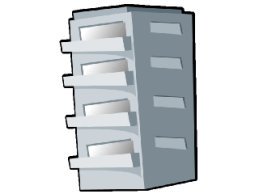
Exercise 1 – Correct Definition
In the first ESL cities vocabulary activity on this page you need to choose which option (A-D) in each of the following five questions best matches the definition given. Then you can use the get score button to see how many you got correct.
ESL Cities Vocabulary Definitions
Choose the correct definition for the cities vocabulary in this quiz.
Exercise 2 – Correct Meaning
In the second ESL cities vocabulary task you need to match the correct word (A-D) from each question with the definition. When you have finished you can again use the get score button to see the answers.
ESL Cities Vocabulary Identification of Meaning
Choose the word that matches the definition given in each of the five questions in this quiz.
Exercise 3 – Identify Picture
In the third ESL cities vocabulary exercise you need to look at the following pictures and choose the word (A-D) in each question that matches the picture. You can again use the get score button to see how well you did.
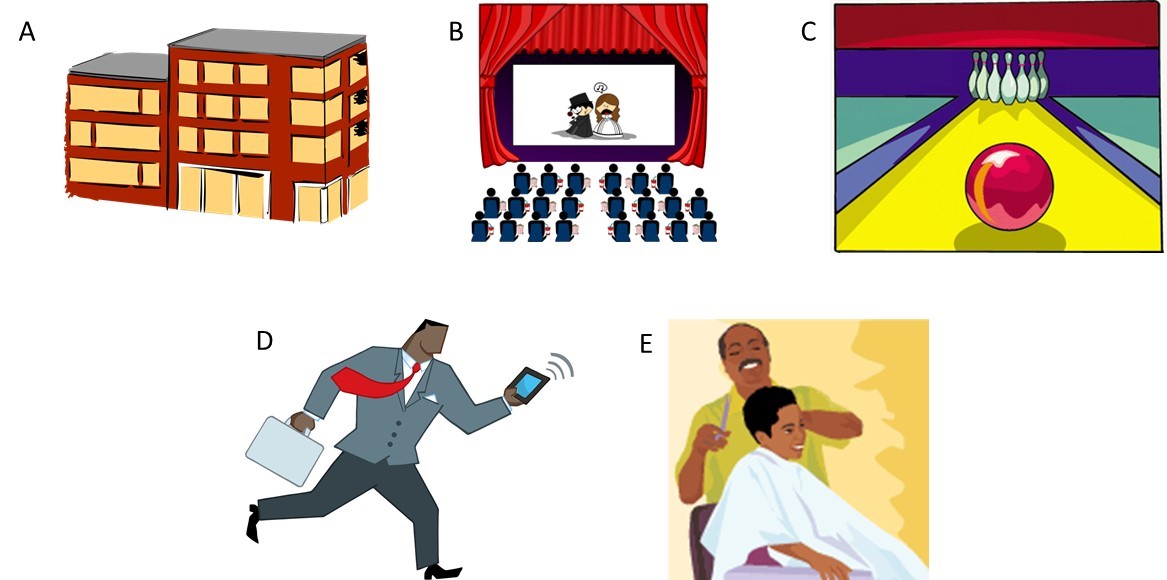
ESL Cities Vocabulary Picture Descriptions
Identify the best description for each of the images (A-E) given above that correspond to the five questions in this quiz.
Other Pages about Cities that You Might Like
ESL Cities Conversations
ESL Cities Listening
ESL Cities Reading
ESL Cities Writing
ESL 4u home › Vocabulary › Cities


|
|
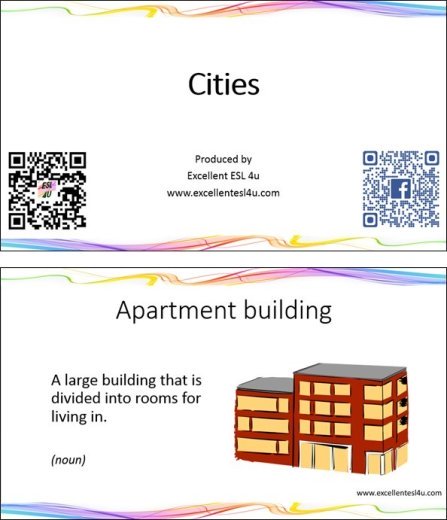
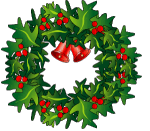
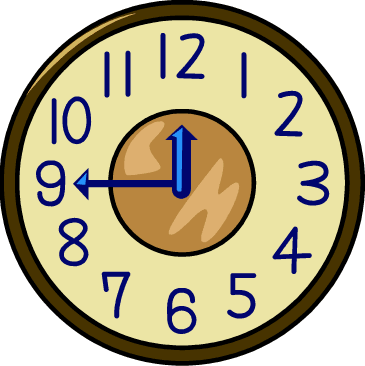
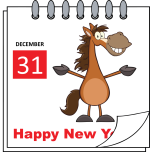
New! Comments
Have your say about what you just read! Leave me a comment in the box below.